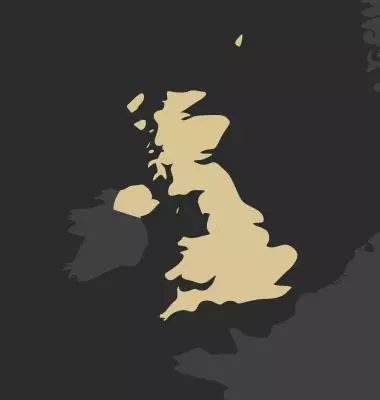AN ENERGY-HUNGRY SITE
The Roseisle distillery in the Moray Firth is working to meet international growth in demand for whisky. The site produces premium malts for a variety of brands including J&B and Buchanan’s, with a total output of some 12.6 million liters of spirit a year.
Key challenge: The site’s high energy demand and insufficient recovery of water from whisky distillation after use.
REDUCING ENERGY BILLS AND CO2 EMISSIONS
To rise to this challenge, Dalkia and Veolia Water developed a unique, innovative solution that includes:
- producing fuel from draff (spent grain)
- producing biogas from pot ale (fermented wort)
- producing steam from fossil fuels, biomass and biogas
- recycling water
Diageo eventually aims to not only lower energy bills but also to recover and reuse water at the nearby Diageo Maltings site while minimizing any impact on the local aquifer.
Customer benefits
- Use of by-products as a source of fuel
- Smaller carbon and water footprints
- Lower energy bills
- Significantly reduced vulnerability to fluctuations in fossil-fuel prices
Solution
- Recovering biogas from organic by-products
- Recovering biomass (a by-product of the distillation process)
Learn how Veolia is resourcing the world
> See how we’re working to save water and energy

320,000 m³ of water treated and reused at the site
22,000 metric tons of CO2 emissions prevented

